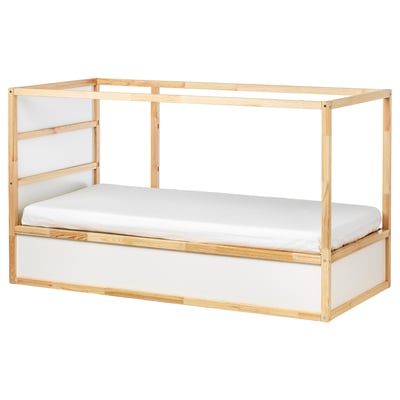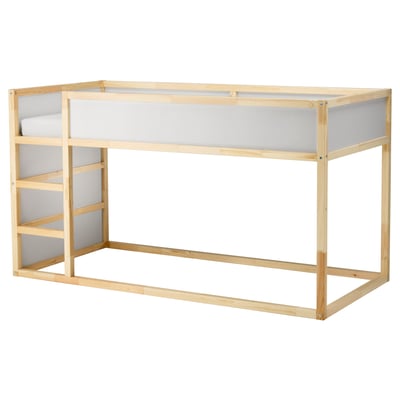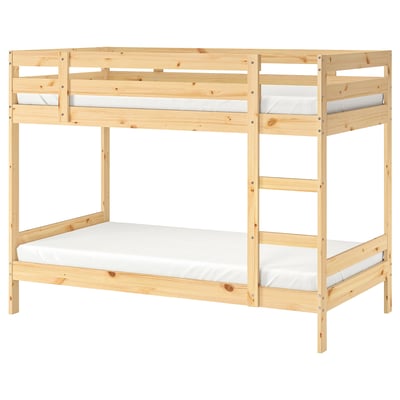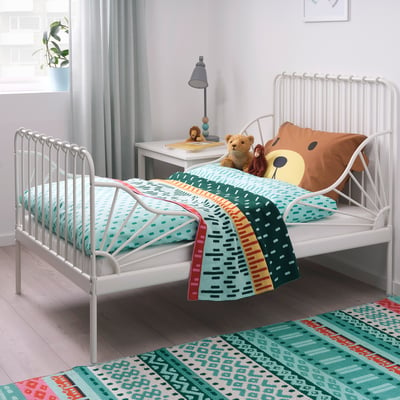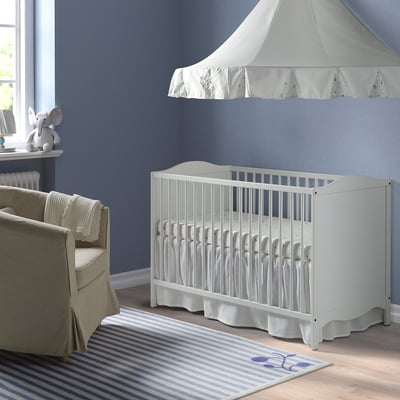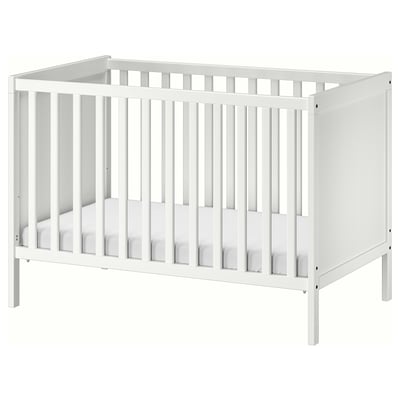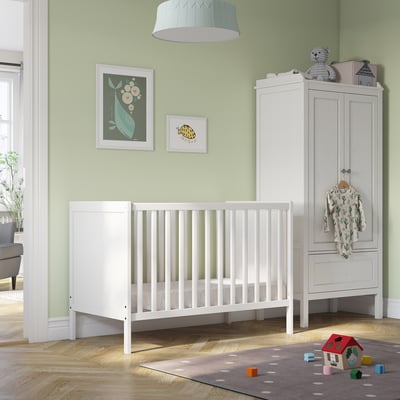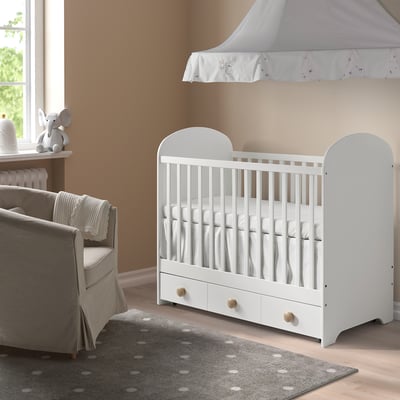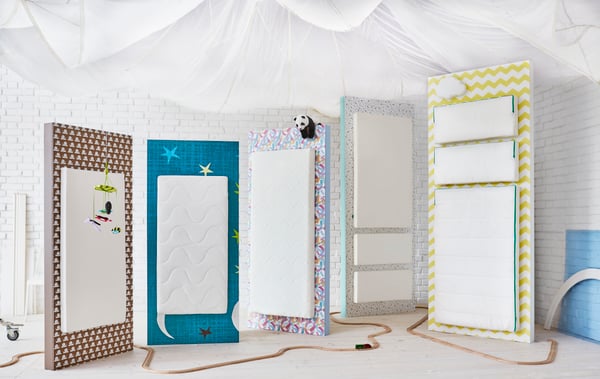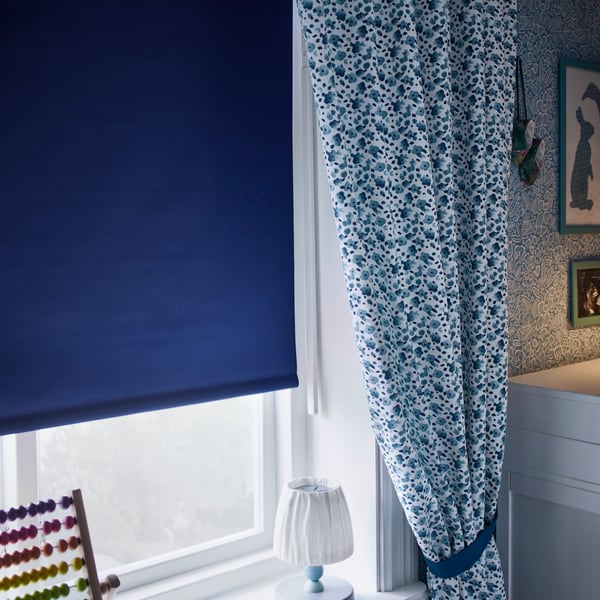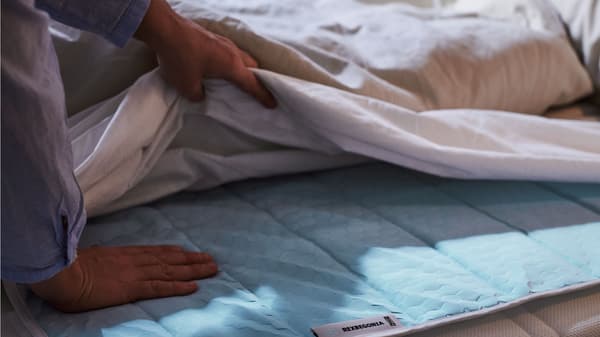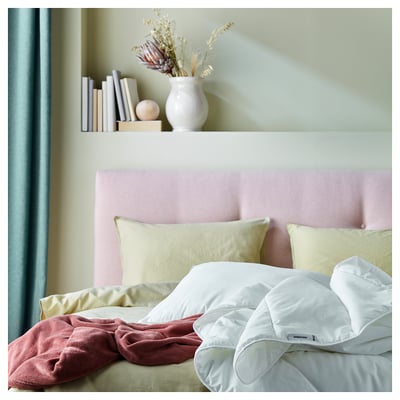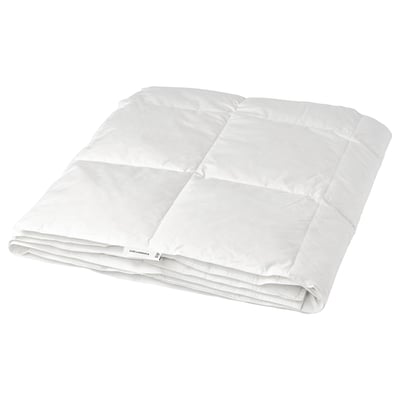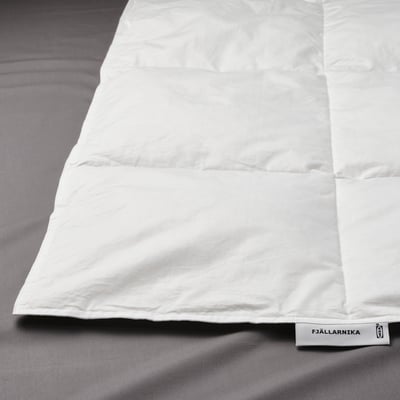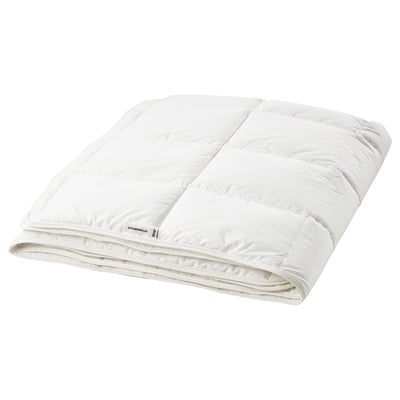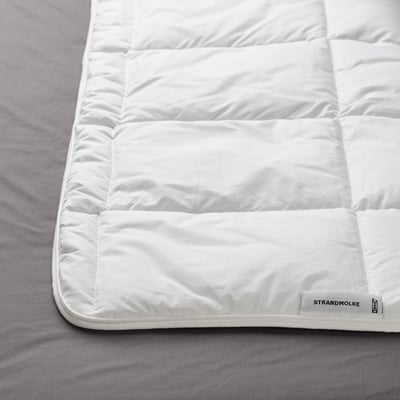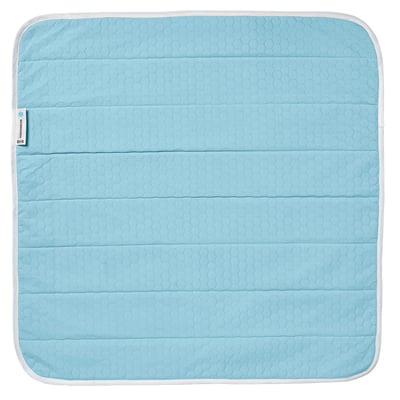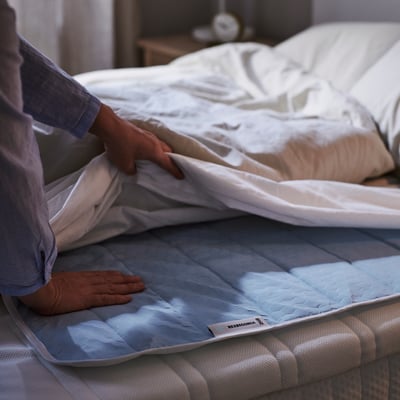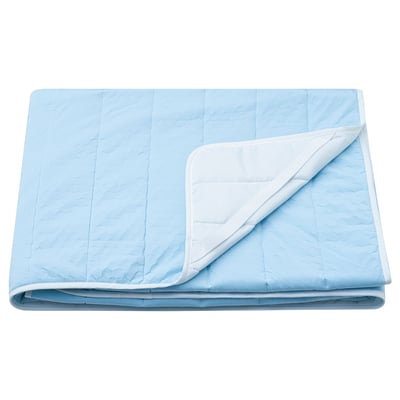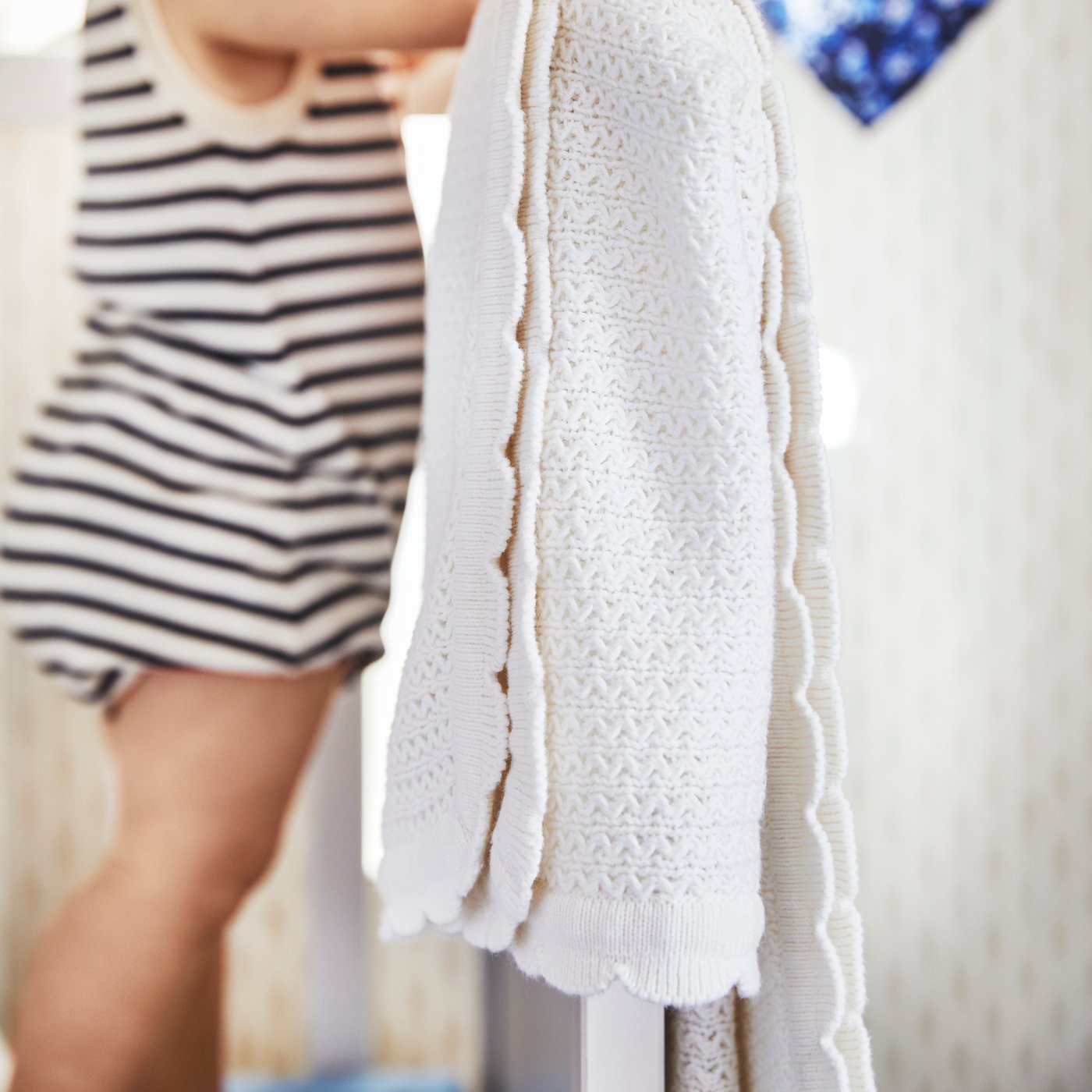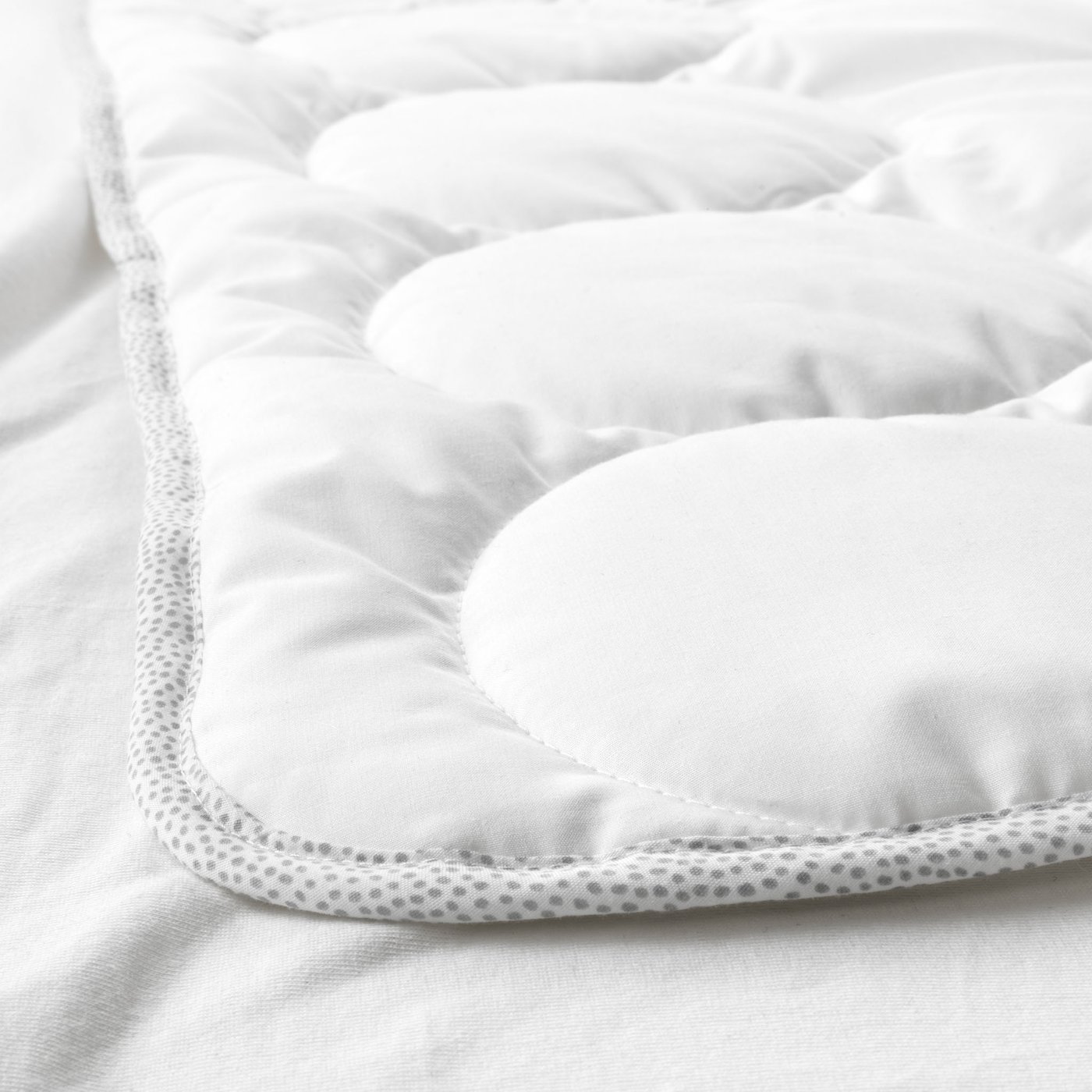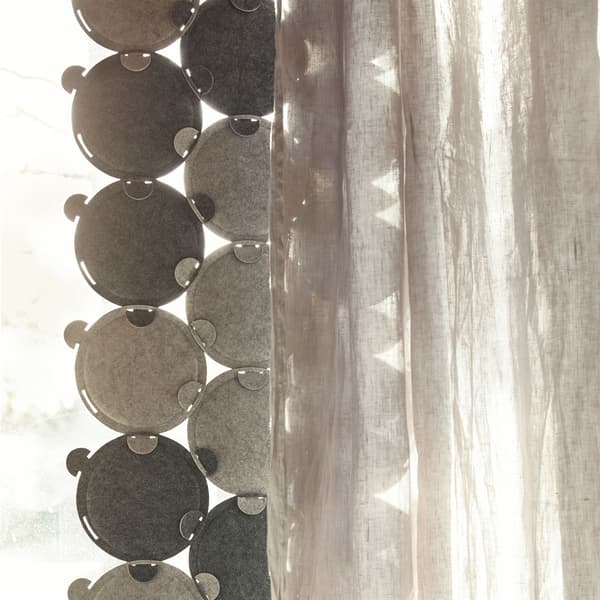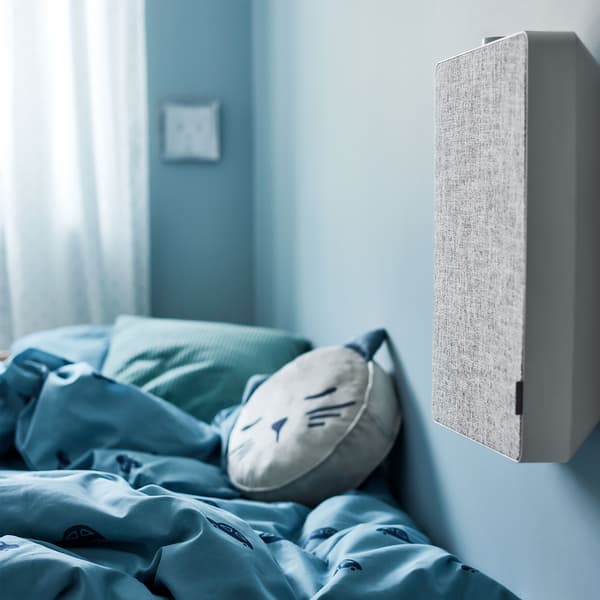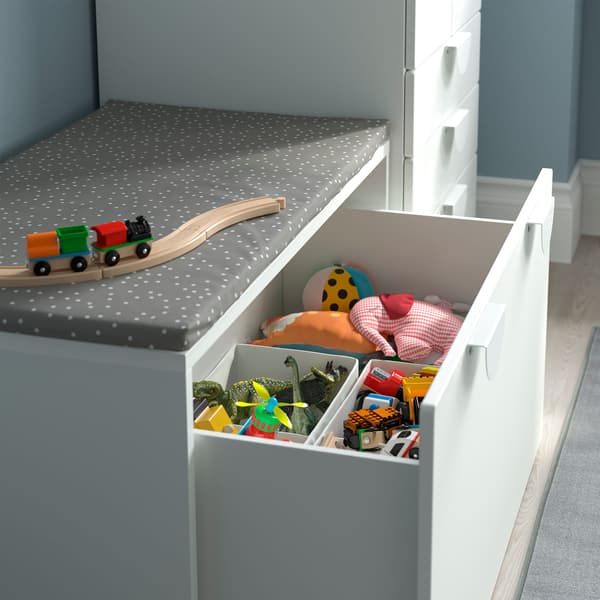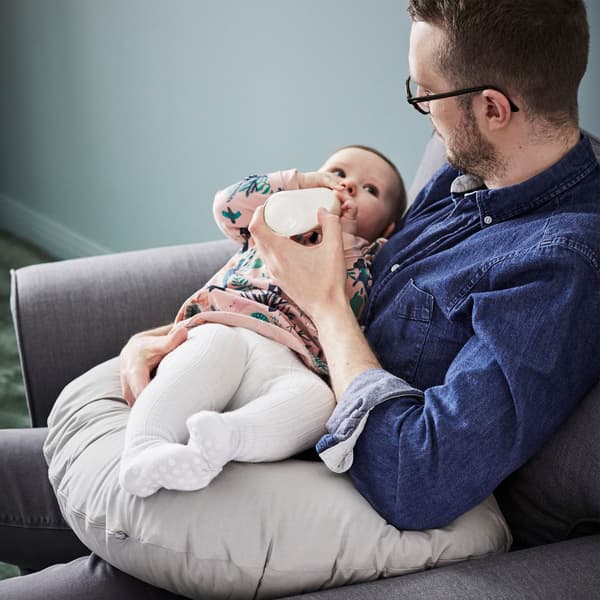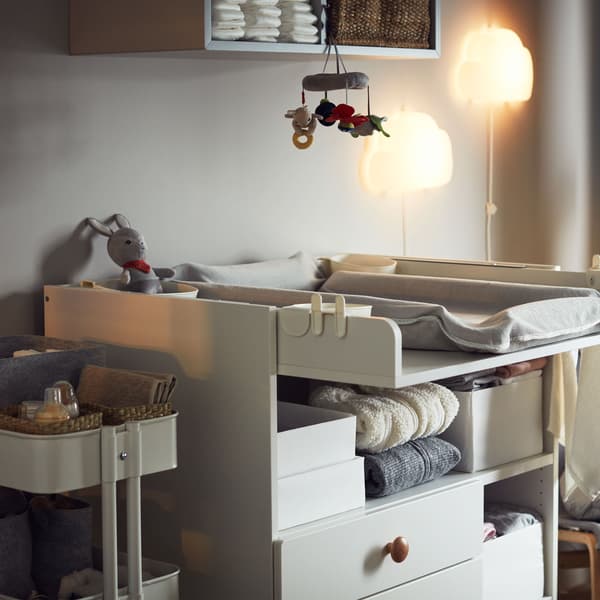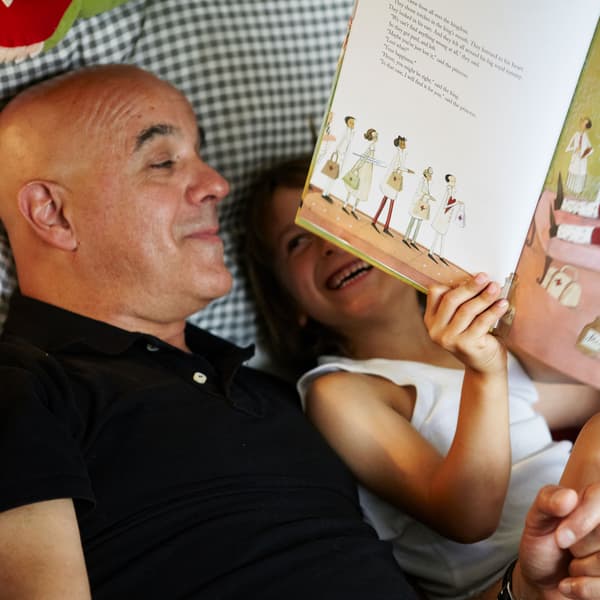A Perfect Night's Sleep for Children
Sleep is vital to children’s health and development. Children are constantly on the move, learning new things, experimenting and playing. That’s why they need a safe place where they can rest and sleep while they process all the impressions from an active day. Here are the 6 steps you can take to achieve it.
And at IKEA, children's safety is our top priority.


Step 1 - Comfort
Comfort is the most important factor. A comfortable bed and a mattress that supports your child's sleeping position are all vital for a good sleep.

- Product information page
The right bed for the child
The type and size of bed should be appropriate for the age of the child.
Mattress that supports growing bodies
All our children mattresses are firm, pressure-relieving, well-ventilated, and made with carefully considered materials that promote good air flow to support for a safe sleeping environment. Removable and machine-washable covers also protect your child's hygiene.
Increase the comfort factor with soft and lush pillows, duvets and bed linen with patterns that match your child's personality.
Pillows
The recommended age for children to start using pillows is 2 years old. Before then, there is a risk of suffocation due to extra material in bed. Follow your child's own development when determining the right time to introduce pillows to your children's sleep set-up.
Mattress protectors & toppers
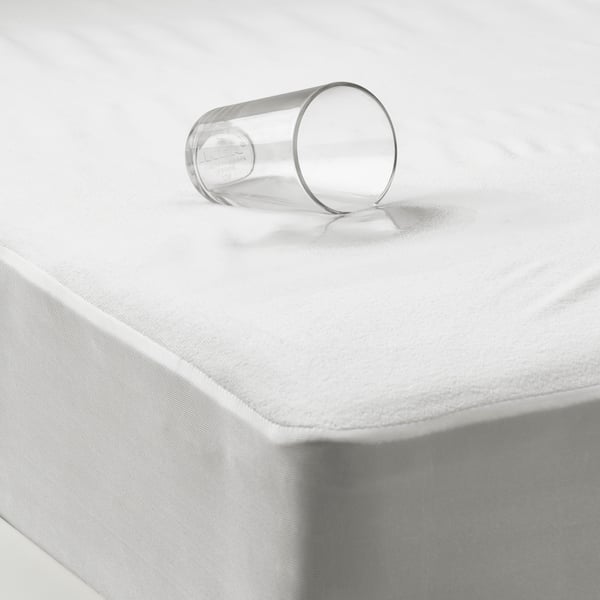
- Product information page
Place a mattress topper on your child's mattress for an even comfier night’s sleep. It’ll help keep their mattress in better condition, too. You can choose between various fillings and materials – all of our toppers are easily removed to air and clean.
Bed linen
- Product information page
With its wide mix of patterns and colours, our children's bedding adds atmosphere and individuality to your child's room. And for your own peace of mind, none of it contains substances, phthalates or chemicals that can harm your child's skin or health.
Good to know
We are 100% committed to sustainable cotton
All the cotton we use for IKEA products comes from more sustainable sources. All IKEA cotton is either recycled or grown with less water and pesticides while increasing profits for the cotton farmers.
Step 2 - Block out light
Try to make your child's bedroom as dim as possible as lights can trick their little bodies into thinking it’s time to wake up and makes falling asleep harder.
Curtains and blinds
Blackout curtains and blinds can make a big difference by keeping natural light and city lights out.
Lighting
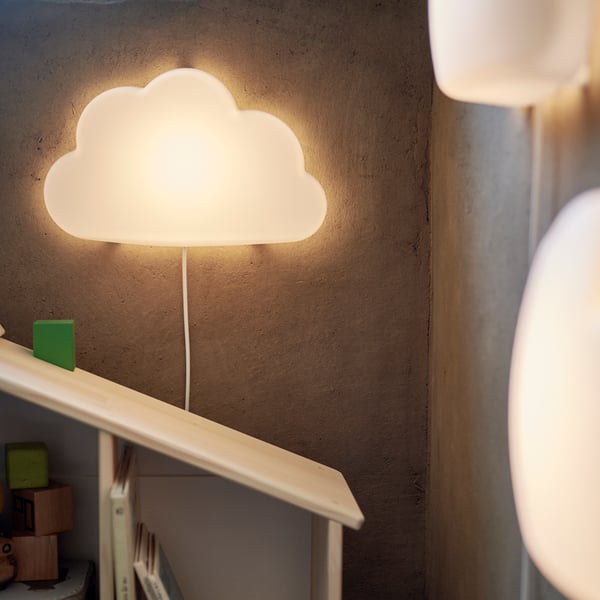
- Product information page
Warm light is the best option as your child is getting ready to sleep. A dimmable bulb where you can change the warmth of the light can be a really good investment.
Step 3 - Keep it cool
Temperature is the next factor to consider. The ideal bedroom temperature is between 16 and 17° C. However a good guideline is to keep the temperature anywhere you feel comfortable between 13 and 20° C.
Around 80% of body heat escapes through a quilt, so if yor child is prone to feeling cold at night, make sure you have a thick, warm duvet with lots of filling, plus cosy blankets to hand if they need extra layers. And if your child gets too warm in bed, our cooling range might just do the trick to give them a more comfortable sleep.
Step 4 - Block out sounds
Keeping sound out can be a real challenge. Soft furnishings, like heavy curtains and thick carpets help to isolate the bedroom and also dampen vibrations.
Step 5 - Improve air quality
Air quality affects our sleep – and sleep significantly affects our health. A fan, an air conditioning unit, an air purifier or some green plants (preferably aloe vera or a spider plant) can make a big difference.
Step 6 - Create a calming oasis
Colours affect our mind in different ways. The best, as in the most relaxing, bedroom colours are blue, yellow and green. When it comes to furnishings? Keep it simple and keep the clutter under control. Add white noise if your child sleeps better with it.
Get ready for bed
Getting a perfect night's sleep starts with a good bedtime routine. It helps to set the right mood for your child and wind them down after a long day.
Eat nutritious snacks or bottle/breastfeed
Because their stomach is small, younger children may need a light snack before bedtime to help them through the night without feeling hungry.
Change nappy or take a bath
Wash the day away with a nice, warm bath. It also helps to calm children down before bedtime.
You may also like

- Product information page
A perfect night's sleep for adults
We sleep for one third of our lives, and a great night's sleep is important for us to feel well and feel rested. That’s why we've gathered all of our mattresses, mattress pads, protectors, pillows and quilts into a handy guide to help you find the best solution for a better night's sleep.
